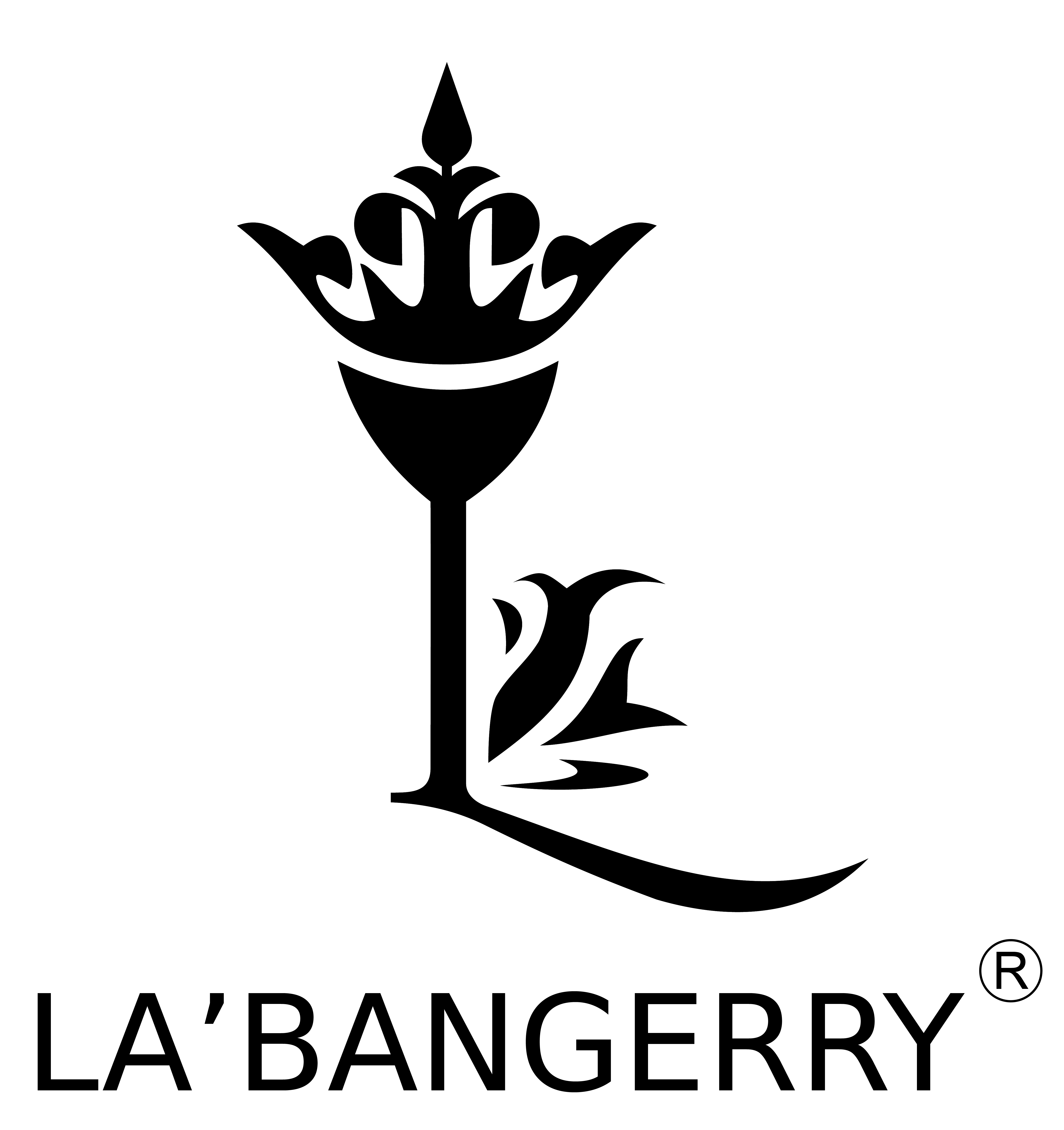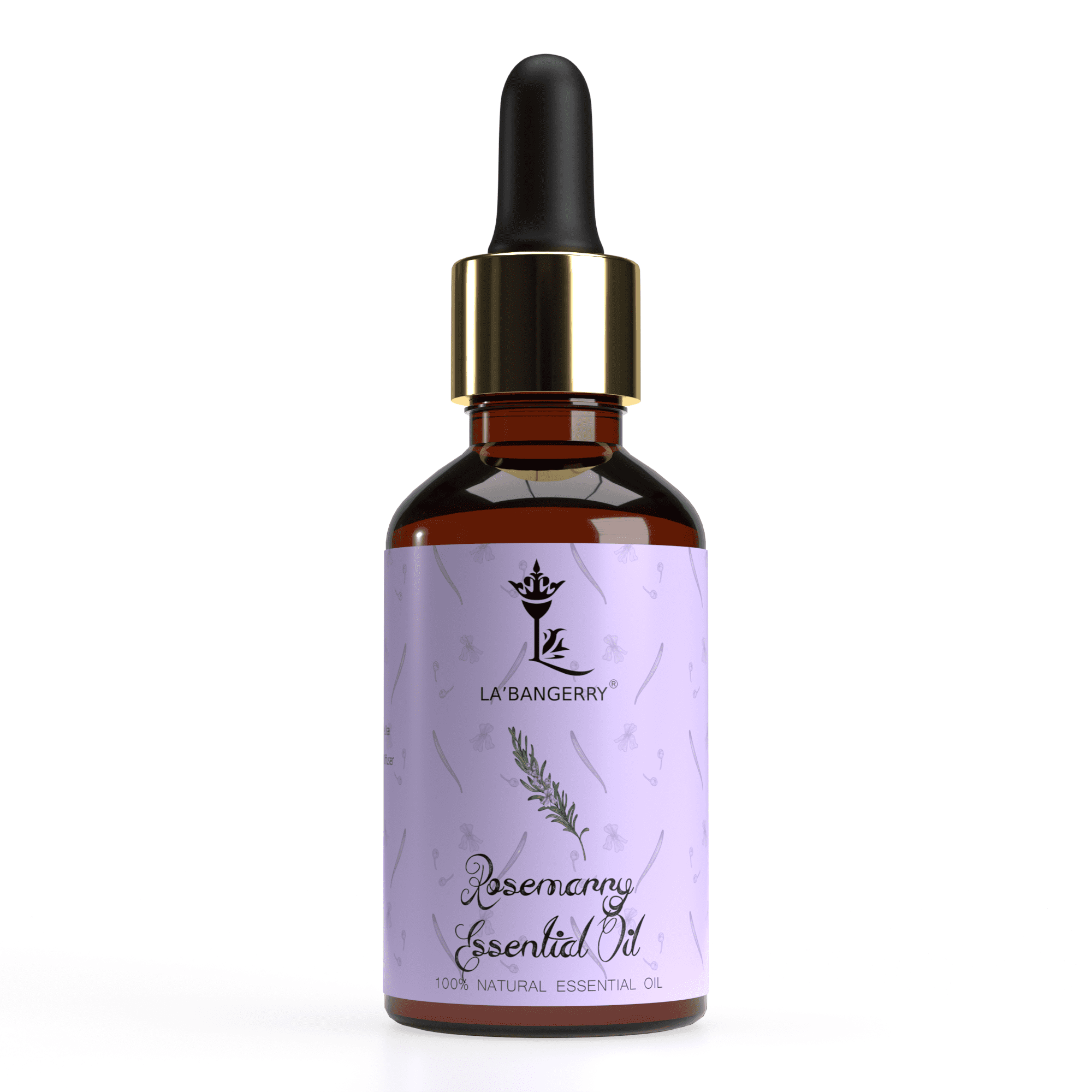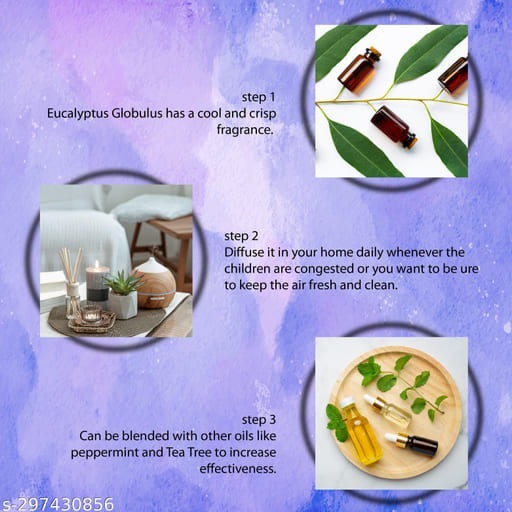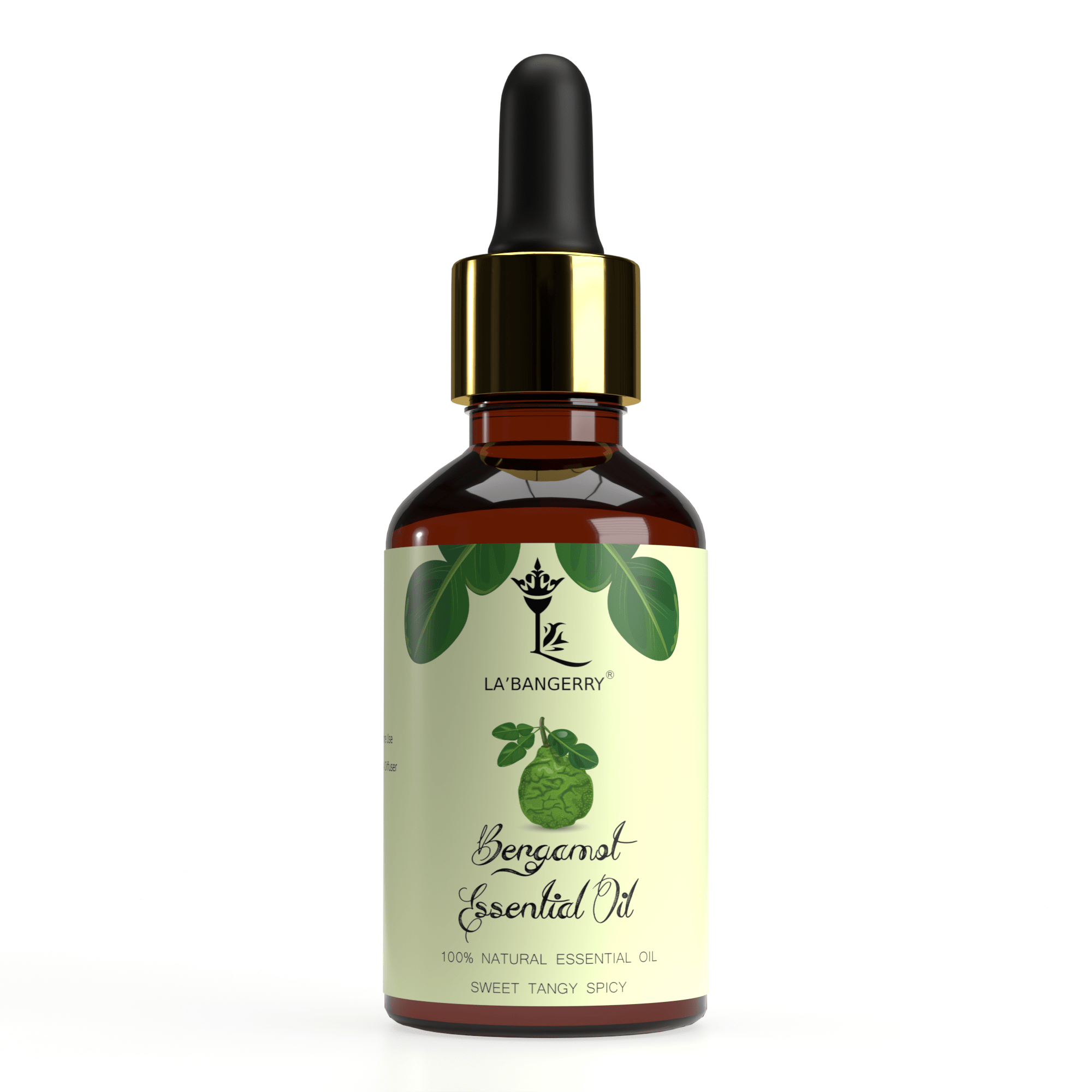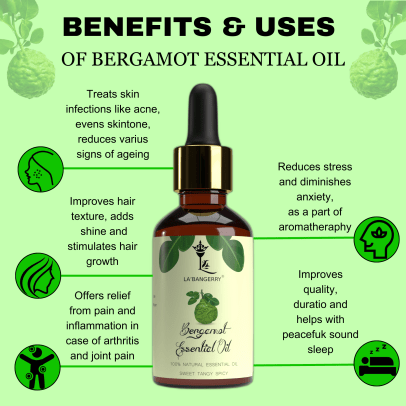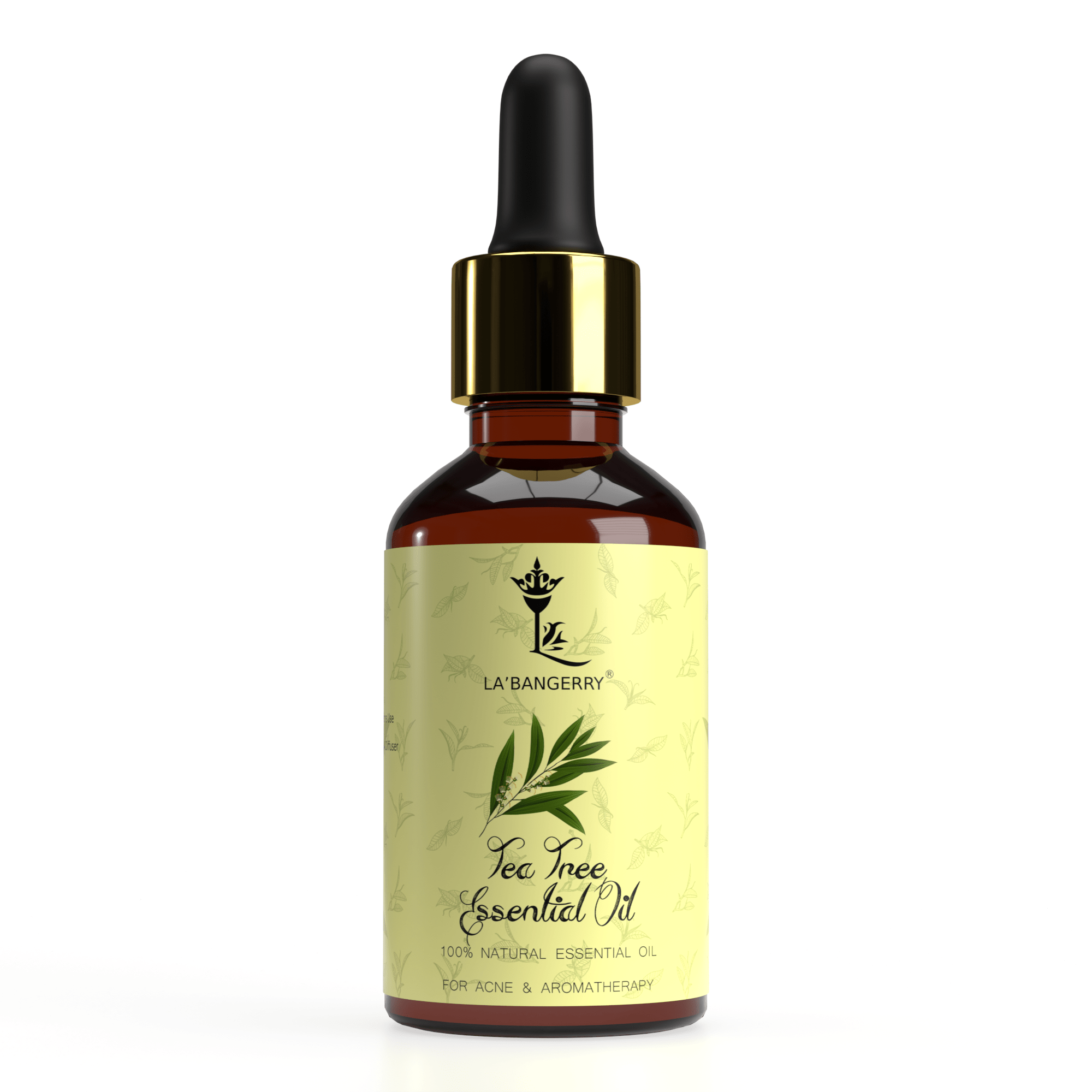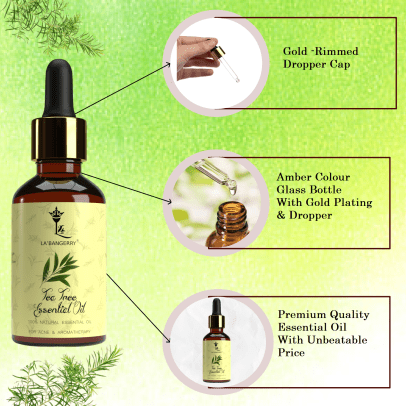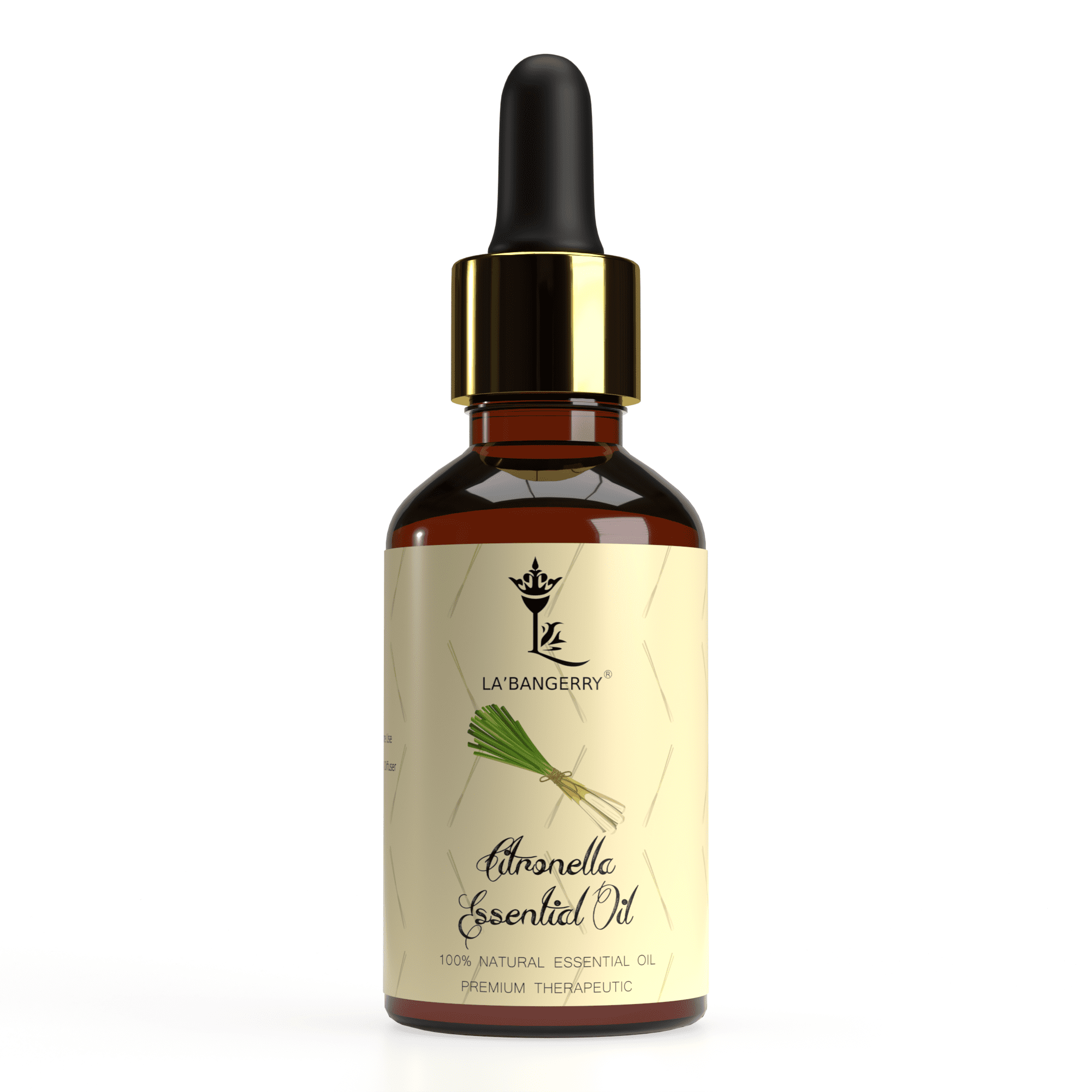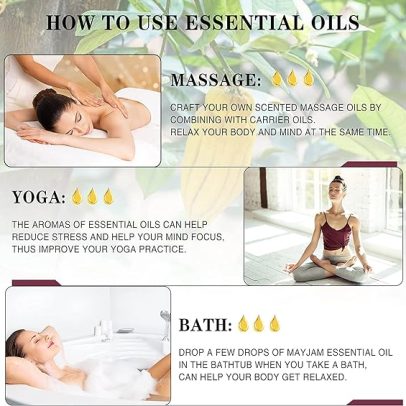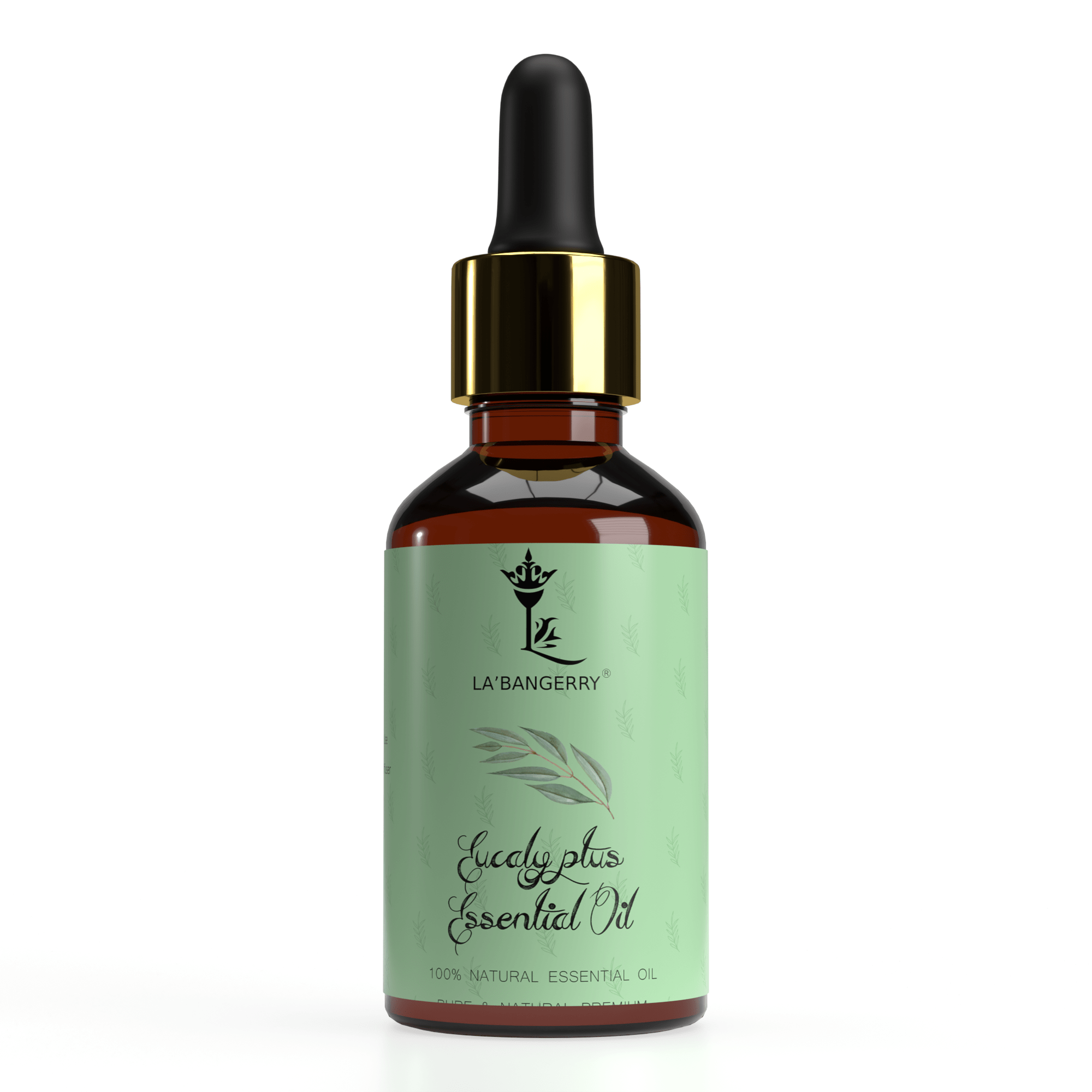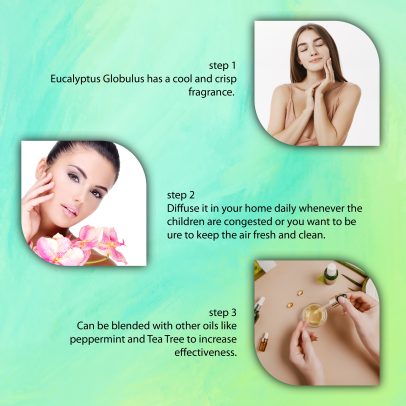100% Pure Rosemary Essential Oil For Hair – La’Bangerry
Best Bergamot Essential Oil At Best Price – La’Bangerry
Best Tea Tree Essential Oil for Dark spots- La’Bangerry
Citronella Essential Oil For massage – La’ Bangerry
Eucalyptus Essential Oil (Nilgiri Oil) hair and Skin – La’Bangerry
What is aromatherapy?
Aromatherapy is a holistic healing treatment that uses natural plant extracts to promote health and well-being. Sometimes it’s called essential oil therapy. Aromatherapy uses aromatic essential oils medicinally to improve the health of the body, mind, and spirit. It enhances both physical and emotional health.
Aromatherapy is thought of as both an art and a science. Recently, aromatherapy has gained more recognition in the fields of science and medicine.
What are essential oils?
Essential oils are liquid extracts of various potentially beneficial plants. Manufacturing processes can extract the useful compounds from these plants.Essential oils often have a much stronger smell than the plants they come from and contain higher levels of active ingredients. This has to do with the amount of plant matter required to make essential oil.
Most popular aromatherapy oils:
According to the National Association for Holistic Aromatherapy, the most popular essential oils are:
- Rosemerry
- Bergamot
- Tea Tree
- Citronella
- Eucalyptus
- Lavender
- Sandalwood
- Chamomile
- Jasmine
- ginger
- Lemon
benefits of essential oils:
- Immune System Boost
- Anti-Inflammatory Properties
- Improving Sleep Quality
- Skin and Hair Health
- Natural Pain Relief
- Digestive Health
- Boosting Energy Levels
- Safety Precautions
How to use essential oils:
There are several ways to enjoy essential oils:
- Add a few drops to a spray bottle filled with water and spritz on your pillow and sheets
- Apply a few drops to a cotton ball, then put the cotton ball in your car’s air vents
- Put a few drops in your bath tub
- Rub oil on your pulse points
- Take a quick whiff from the bottle whenever needed
- Use an oil diffuser or vaporizer
- Wear jewelry specifically designed to diffuse essential oils
FAQS:
1. What is the most common use of essential oils?
They are used in perfumes, cosmetics, soaps, air fresheners and other products, for flavoring food and drink, and for adding scents to incense and household cleaning products. Essential oils are often used for aromatherapy, a form of alternative medicine in which healing effects are ascribed to aromatic compounds.
2. Can essential oils be used on skin?
Yes, using essential oil for skin can be a bit tricky. While some oils serve up some fantastic benefits, some can spark serious skin reactions. But if you drizzle in these tips along with your essential oils, you’ll be good to go. Always dilute it with carrier oils like Argan, Jojoba or Coconut oil.
3. Can I put essential oils in my hair?
Essential oils can be extremely helpful in hair care as they influence the sebaceous glands and can normalise their functions. The oils penetrate deeply into the hair shaft and follicle and help to produce healthy, shiny hair and encourage new hair growth. They can be used to: Strengthen hair.
4. Can I put essential oil on my lips?
yes! Essential oils for lip balm are great for your lips. As long as you get a high quality, pure essential oil, it will contain dynamic components that work with your body’s chemistry to heal chapped lips. Not to mention you also get the additional benefits of whichever essential oils you select.
5. How do I start oiling my hair?
- Apply oil on your scalp and massage with fingertips using a circular motion.
- Apply the oil left on your palms to your hair.
- Cover with a towel or shower cap and leave on overnight.
- The next day, shampoo hair while dry. Rinse thoroughly.
- Condition as normal.
